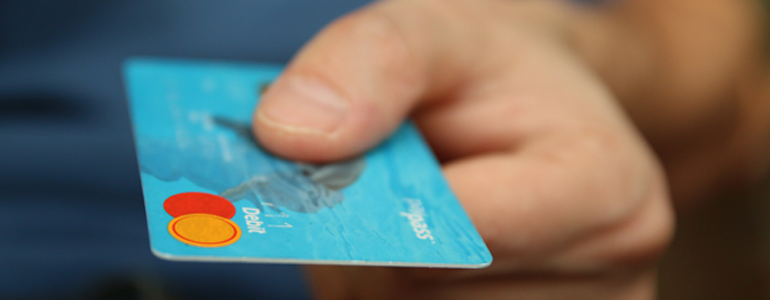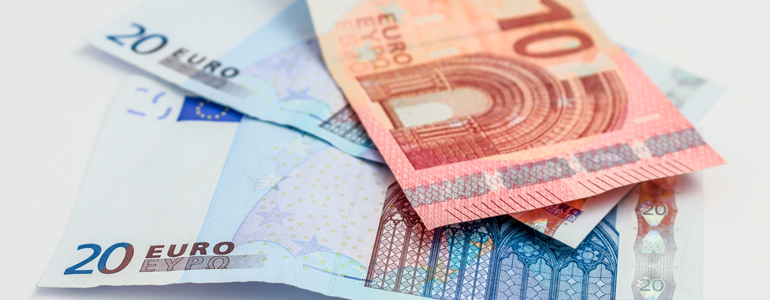
Call 0330 880 3600 Calls may be monitored or recorded. Opening Times.
- TRAVEL INSURANCE
- COVID-19 ENHANCED COVER
- More Options
- Help & Advice
- Existing Customers

Call 0330 880 3600 Calls may be monitored or recorded. Opening Times.

September 2016
When going abroad, there can be a lot to think about, which can cause many of us to stress. So in order to ensure that you are no longer this person, here are our general travel tips for foreign travel:
Embassy
It is crucial that you check with the country’s embassy on any important information you may need to know prior to your trip. The embassies can provide you with information on visas you may need, how to evacuate a country if necessary, provide nationals of any risks that the country may possess etc.
When abroad, the embassies can also help you with loss of vital documents, such as your passport, help nationals who have been victims of crime etc.
Bank
Before you are set to travel, it is important to tell your bank that you intend to take out money overseas. This is a useful piece of information for credit card companies to know, as they could block your card due to uncommon foreign use and may class it as fraudulent activity, if not made aware.
It is also a good idea to check your credit cards expiration date. If it were to expire while you were away, you would be unable to access your money in that account.
Ensure that you research the banks and cash points in the area surrounding your accommodation, as in some countries, these are very limited. In countries with limited banking facilities, it is advised to take more cash than you may have intended, so that you do not find yourself stuck for money in an area with no banking facilities. However, it is always best to carry a sufficient amount of cash on you, no matter what country you may be in. Some countries do not accept all brands of credit cards, and some have a limited amount of cash machines, so it is always important to make sure you are aware.
Some countries also have restrictions on the amount of money you can take both in and out of their country. Research these rules for your chosen country, so you do not get caught out.

Surrounding Area
As well as researching nearby banks and cash machines, it is also a good idea to know where the nearest hospital, pharmacy and dental clinic is. Knowing where these are will make the process a whole lot easier for you, if you were to require these services while away.
Copy EVERYTHING!
This may sound like a strange top tip to give, but taking copies of your important documents can be crucial if you were to get into any sort of difficulties abroad. Take out some time before you travel, to take both a digital copy, and a hard copy, of important documents, including: your passport; your travel insurance documents; your accommodation documents; your EHIC (if necessary) etc. Taking copies of these important documents, can help if you were to ever lose your main copies, or have them stolen.
Lost Luggage
If you have a stopover, it may be worth taking a spare pair of clothes with you, in the small chance that your luggage gets lost. In order to make the reclaim process easier for you, take a picture of your luggage before you travel, so you can show baggage reclaim what it looks like.
Culture and Religion
It is vital that you do your research on the culture and religion of the country you will be visiting. Some cultures and religions have different rules on how to dress, how to eat, how to greet someone etc. Researching the culture and religion of your destination, will help you to not offend anyone.

Business Trip
Some countries have different business practices to us in the UK. In order to be respectful, it would be a good idea to look in to the different business practices your destination may have, compared to Britain. Some countries, such as Serbia, give gifts in business meetings. Rejecting these gifts can be seen as rude and disrespectful. So it can be good to be prepared for scenarios like this.
Plug Types
Look up the plug types of the country that you are travelling to. This way, you can prepare yourself with the correct travel adaptors needed, rather than hunting one down once you get there, because you are unable to charge your laptop.
Tax
Check to see if your chosen destination has any travellers taxes you may need to know about. Many countries charge a departure tax to travellers.
A tourism tax has recently been introduced to travellers travelling to The Balearic Islands. Popular British holiday destinations including Ibiza, Mallorca, Menorca, and Formentera introduced the charge to their tourists on July 1st 2016. These costs apply to all travellers over the age of 14.
The additional charge has been classed as an ‘eco-tax,’ which will help the islands maintain their natural land and culture, and also help to invest more into popular tourist attractions.

Disease Risks
It is important that you are aware of the disease risks when away in a foreign country. Some countries may require a disease immunisation certificate in order for you to enter their country.
When travelling to most countries, it is advised that you are up-to-date with your routine jabs, including MMR, Polio and your yearly flu jab. You should be vaccinated with these at least 4-6 weeks before you are due to travel.
It is also always best to check with your GP, to make sure you are up-to-date with your vaccinations, and whether other vaccinations are recommended for your chosen place of travel.
Check out our Country Guides, where you can access everything you need to know about the countries you are travelling to. www.direct-travel.co.uk/country-guides/
Don’t forget, you can get your travel insurance from DirectTravel at either www.direct-travel.co.uk or ring our friendly team on 0330 880 3600.